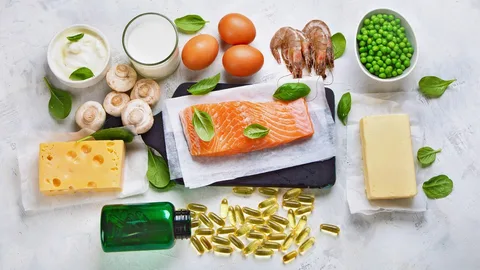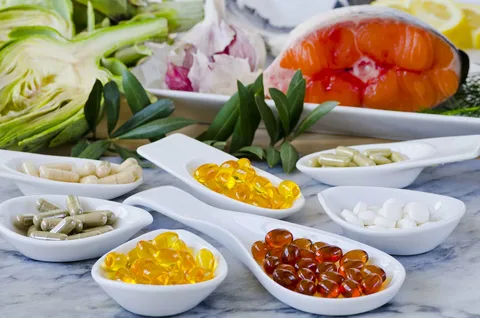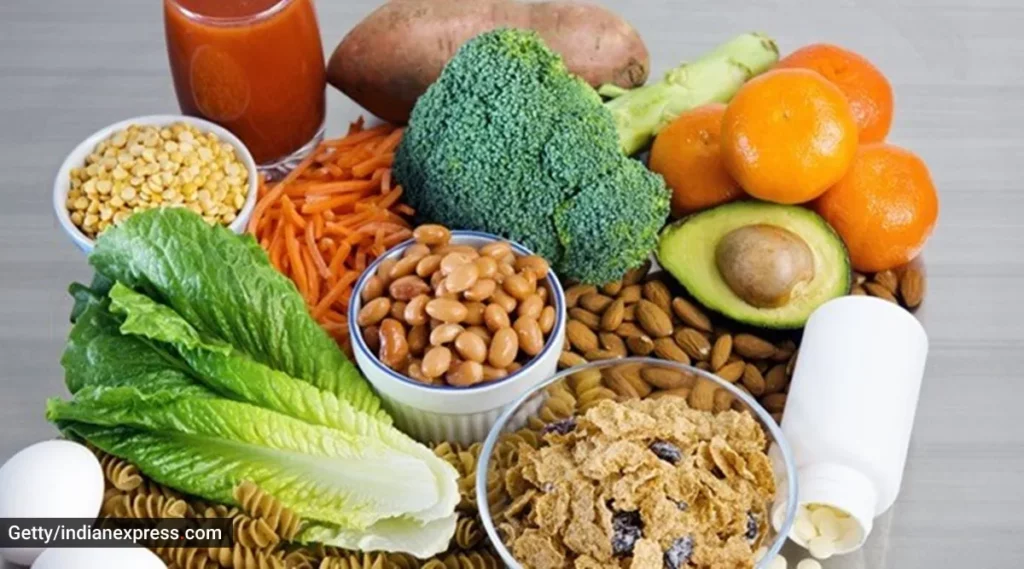Introduction to Vitamin K
Vitamin K is an essential nutrient that plays a crucial role in blood clotting, bone health, and cardiovascular function. There are two main forms of vitamin K: K1 (phylloquinone), which is found in plant sources, and K2 (menaquinone), which is primarily synthesized by bacteria in the gut and found in animal products and fermented foods. Increasing your intake of vitamin K through natural sources can help support these vital functions in the body.
Understanding Vitamin K Sources
Sources of Vitamin K1
What are some good sources of Vitamin K1?
Vitamin K1 is predominantly found in leafy green vegetables such as kale, spinach, collard greens, and Swiss chard. Other sources include broccoli, Brussels sprouts, and parsley.
How does cooking affect Vitamin K1 content in foods?
Cooking methods such as boiling can reduce the vitamin K1 content in vegetables. Steaming or consuming them raw helps retain more of the nutrient.
Sources of Vitamin K2
What are the best sources of Vitamin K2?
Vitamin K2 is found in fermented foods like natto (fermented soybeans), sauerkraut, and some cheeses (particularly hard cheeses like Gouda and Edam). It’s also present in animal products such as egg yolks, liver, and certain cuts of meat.
Can gut bacteria influence Vitamin K2 levels in the body?
Yes, gut bacteria produce some forms of Vitamin K2, contributing to overall levels in the body. A healthy gut microbiome is important for optimal Vitamin K2 synthesis.
Health Benefits of Vitamin K
Bone Health and Density
How does Vitamin K contribute to bone health?
Vitamin K is essential for bone metabolism and helps regulate calcium levels in bones, contributing to improved bone density and reducing the risk of fractures.
Cardiovascular Health
What role does Vitamin K play in cardiovascular health?
Vitamin K is involved in preventing arterial calcification, which can contribute to heart disease. It helps activate proteins that inhibit calcium deposits in blood vessel walls.
Optimizing Your Vitamin K Intake
Dietary Strategies
How can I incorporate more Vitamin K-rich foods into my diet?
You can increase your intake of Vitamin K1 by adding more leafy greens to salads, smoothies, and stir-fries. For Vitamin K2, include fermented foods like kimchi or enjoy a serving of cheese as a snack.
Are there specific dietary patterns that support Vitamin K absorption?
Consuming Vitamin K-rich foods alongside healthy fats can enhance absorption, as Vitamin K is fat-soluble. Including foods like avocado, nuts, and olive oil can aid in absorption.
Special Considerations and Supplements
Supplements
When might someone consider taking a Vitamin K supplement?
Individuals with specific health conditions or those taking medications that interfere with Vitamin K absorption (like certain antibiotics or blood thinners) may benefit from Vitamin K supplements under medical supervision.
Safety and Precautions
Are there any risks associated with high Vitamin K intake?
Generally, Vitamin K toxicity from natural food sources is rare, but excessive supplementation can interfere with certain medications. It’s important to discuss supplementation with a healthcare provider, especially if you have existing health conditions.
Conclusion
Incorporating Vitamin K-rich foods into your diet can provide significant health benefits, from supporting bone strength to promoting cardiovascular health. By choosing a variety of natural sources of Vitamin K1 and K2 and understanding their roles in the body, you can optimize your overall health and well-being.
- Lip Fillers Explained: A Beginner’s Guide For UK Residents - May 31, 2025
- Light Eyes Ultra – Dark Circles Treatment Near Merstham, Surrey - May 31, 2025
- What The Fake Plumping Lip Filler - May 31, 2025



